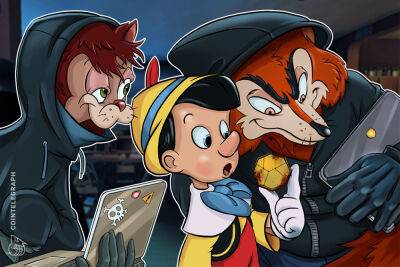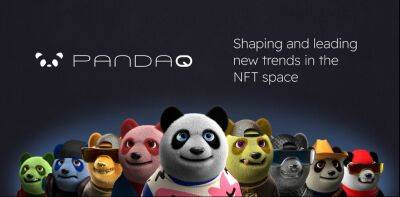The creator economy will explode in the Metaverse, but not under Big Tech’s regime
In his monthly crypto tech column, Israeli serial entrepreneur Ariel Shapira covers emerging technologies within the crypto, decentralized finance (DeFi) and blockchain space, as well as their roles in shaping the economy of the 21st century.
With the news that Meta plans to take a nearly 50% cut of virtual asset sales in Horizon Worlds, it will not be surprising if independent artists and content creators turn away from the Metaverse entirely. Or at least from its Meta rendition, no matter how excited the company might be about the creator economy. It’s one thing to pay this much when the taxes go toward making life better for your community, but Meta is a business, not a charity.
And it’s not like your average creative type is living the high life. Streaming services have made life harder for musicians, and insurmountable creative fatigue has taken a toll on the variety and quality of creator-driven content across multiple markets. All too often, today’s creators are left to chase the ever-changing monetization policies on various platforms, and landing a sponsorship is no walk in the park either.
In theory, the advent of the Metaverse offers a new way for the creator economy to blossom, particularly with crypto integrations and decentralized platforms creating an alternative pathway for creators to make money. In reality, the prominence of major centralized Web2 companies, like Meta, within the Metaverse space doesn’t exactly indicate a warm welcome for independent creators.
Related: A letter to Zuckerberg: The Metaverse is not what you think it is
The concern about these major players dominating the Metaverse and Web3 space is not a result of anti-corporate hand-wringing; rather, it relates more to the liberties and
Read more on cointelegraph.com
 cointelegraph.com
cointelegraph.com








